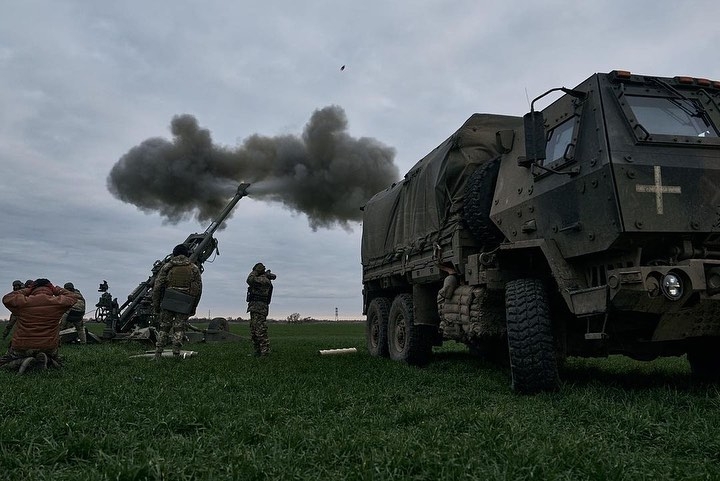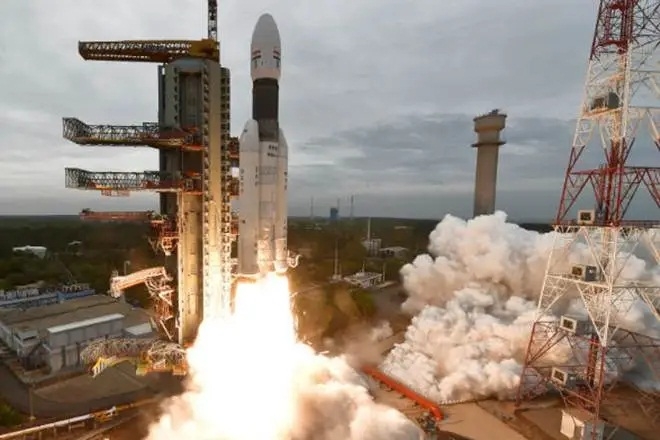However, the Russia-Ukraine conflict had impacted ISRO’s semi-cryogenic engine project, reports Venkatachari Jagannathan
The ongoing war between Russia and Ukraine has opened up new opportunities for the Indian space agency, but also delayed the development of the semi-cryogenic rocket engine.
While it is said that a war between nations anywhere in the world would benefit the American defence industry, perhaps for a change, Russia’s invasion of Ukraine has benefited India to some extent.
For instance, the Indian Space Research Organisation (ISRO) got more than Rs 1,000 crore worth of satellite launch contract from the UK-based Network Access Associated Ltd (OneWeb).
Originally, the OneWeb satellites were slated to be launched by a Russian rocket. Russia, however, refused to launch OneWeb satellites as the latter did not comply with the former’s condition.
ISRO’s commercial arm NewSpace India Ltd (NSIL) signed a contract with OneWeb to launch 72 satellites in two phases for a launch fee of over Rs 1,000 crore, OneWeb Chairman Sunil Bharti Mittal had said last October.
The first batch of 36 satellites was launched on October 23, 2022 from Sriharikota rocket port in Andhra Pradesh with the LVM3 rocket formerly known as Geosynchronous Satellite Launch Vehicle MkIII (GSLV MkIII).
The second lot of 36-satellites are expected to be orbited next month by ISRO’s rocket.

OneWeb officials had said that their association with ISRO is expected to continue as they will be launching the next generation satellites and replacement satellites that are orbiting.
“The successful launch of OneWeb satellites has made other satellite players look at ISRO,” S.Somanath, Chairman, ISRO had earlier told IANS.
However, the Russia-Ukraine conflict had impacted ISRO’s semi-cryogenic engine project. The semi-cryogenic engine payload was to be improved with Ukraine’s assistance, a senior ISRO official told IANS preferring anonymity.
Meanwhile ISRO decided to develop the semi-cryogenic engine on its own. The engine is expected to be tested in a month or so.
According to an ISRO official, as regards India’s human space mission, Russia was expected to supply the environment life systems. However, the systems had to be redesigned for ISRO’s human space mission rocket as Russia was flying only Soyuz spacecraft.
“We have made a prototype and its testing process is on,” the ISRO official said.
India and Russia had also signed an agreement for sourcing crew seats and crew suits for the human space mission.
According to the ISRO official, those items have come and the issue is making the payment to Russia due to the sanctions by the Western nations.
India’s space programmes were affected due to Covid induced global lockdown which in turn affected production and delayed the imports of electronics/semiconductor chips from the US and Europe.
The Covid pandemic was soon followed by the Russia-Ukraine war impacting production and supply chain, the ISRO official said.
The electronics imported from the US and Europe are used in making rockets and satellites. For making space grade items, it needs a lead time of two years.

Leave a Reply